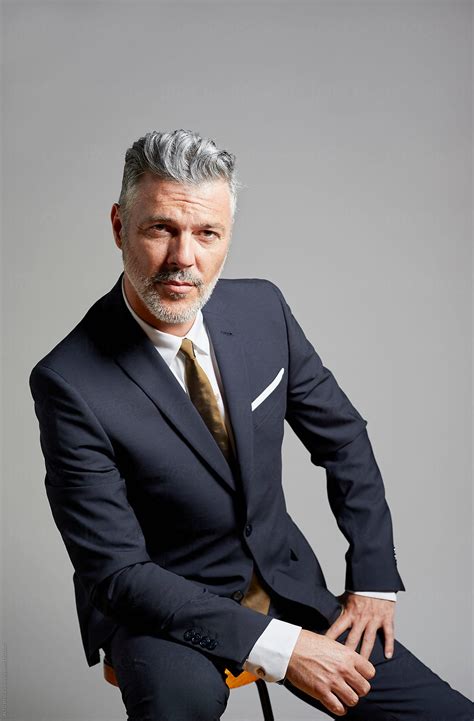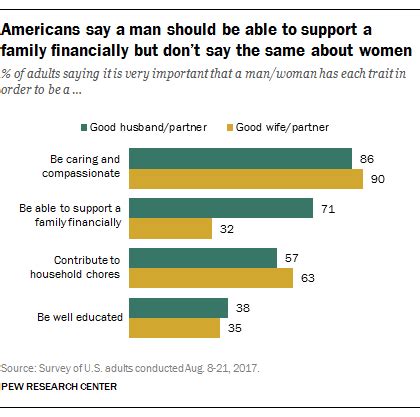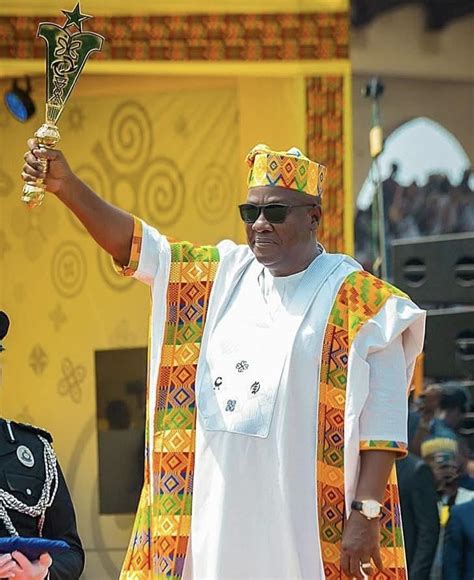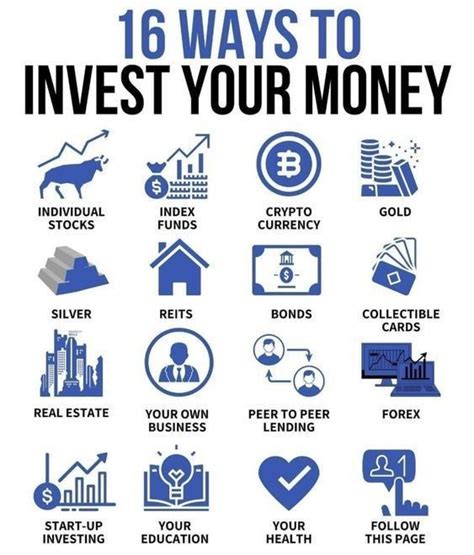The Sudden Windfall: A Crossroads of Ambition and Security
Imagine a scenario: you wake up one morning to discover a sum equivalent to your entire annual salary has been unexpectedly deposited into your account. No strings attached, no catch. For many men, this hypothetical windfall isn’t just about immediate gratification; it’s a profound moment of reflection on long-term goals and aspirations. The fundamental question then arises: would the majority of this life-altering gift be channeled into accelerating an early retirement, or would it serve as a strategic investment to facilitate a significant career change?

The Lure of Early Retirement: A Quest for Freedom
For a significant portion of men, the concept of early retirement represents the ultimate freedom. The allure of escaping the daily grind, reclaiming time, and pursuing passions unburdened by work commitments is incredibly strong. A sudden influx of cash, especially one equivalent to an annual salary, could act as a potent catalyst, dramatically shortening the path to financial independence. For those nearing mid-career or later, this sum could bridge a crucial gap in their retirement savings, making the dream of an earlier exit from the workforce a tangible reality. They might envision more time with family, travel, hobbies, or simply the peace of mind that comes with financial security.
Investing in Tomorrow: The Career Change Catalyst
Conversely, another segment of men might view this windfall as an unparalleled opportunity to pivot their professional lives. This isn’t just about dissatisfaction with a current job; it’s often about a deeper desire for impact, fulfillment, or greater earning potential in a different field. A significant career change often comes with financial hurdles: the cost of retraining or further education, a temporary drop in income during a transition, or the capital required to launch a new venture. An annual salary equivalent could meticulously cover these costs, providing the runway needed to acquire new skills, start a passion project, or take a calculated risk on a new professional path that promises long-term satisfaction and growth.

Factors Influencing the Decision
The choice between early retirement and a career change is rarely black and white; it’s influenced by a complex interplay of personal circumstances:
- Age and Life Stage: A younger man in his 30s might prioritize career growth and long-term earning potential, making a career change investment more appealing. A man in his 50s, however, might see the windfall as a golden ticket to an earlier retirement.
- Current Job Satisfaction: Deep unhappiness or burnout in a current role would strongly tilt the decision towards a career change, whereas contentment might allow for focus on accelerated retirement.
- Existing Financial Security: Men with already robust savings and investments might feel secure enough to take a risk on a career change, while those with less stability might favor shoring up their retirement funds.
- Family Responsibilities: Dependents often necessitate a more conservative approach, possibly favoring the security of an earlier retirement over the uncertainty of a career pivot.
- Risk Tolerance: Some individuals are naturally more inclined to take calculated risks for potential higher rewards (career change), while others prefer the certainty and comfort of established financial security (early retirement).

The Blended Approach: A Nuanced Strategy
It’s also crucial to acknowledge that the decision isn’t always an either/or. A smart financial strategist might allocate portions of the windfall to both. For instance, a segment could boost the retirement fund, while another portion is earmarked for a career transition—perhaps funding a certification or a part-time sabbatical to explore a new field. In some cases, a successful career change could even lead to higher future earnings, which in turn could accelerate retirement savings more effectively than simply adding the initial sum to an existing fund. This holistic approach leverages the windfall to create a more robust and fulfilling future, regardless of the immediate path taken.

A Highly Personal Equation
Ultimately, there’s no universal percentage that dictates how men would allocate such a significant windfall. The choice is profoundly personal, shaped by individual aspirations, current circumstances, and future visions. While some might leap at the chance for an earlier retirement, others would seize the opportunity to reinvent their professional lives. This hypothetical scenario serves as a powerful thought experiment, prompting men to critically evaluate their financial goals, their career satisfaction, and what true freedom and fulfillment mean to them. The gift isn’t just money; it’s a catalyst for introspection and strategic planning for the next chapter of life.





